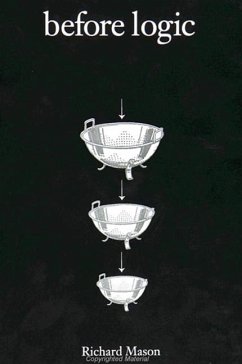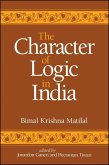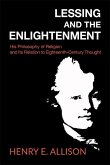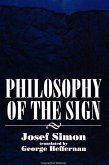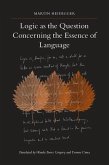Must logic come first? Are philosophical problems really logical? Must we think logically to think at all? Richard Mason's case is that too much comes before logic -- too many choices and too much history. Logic has been formed by choices made by philosophers, not just as a subject of study, but in terms of what has mattered: the problems, and the possible solutions. Before Logic contains case studies of crucial choices: on the formation of logical possibility, on truth, on the explanation of necessity, on essentialism, and on the location of logic. For readers with interests in analytical or continental philosophy or in logic, this book shows why and how history matters to logic. Logic then, cannot be the basis for metaphysics -- or an important grounding for philosophical investigations -- because too many important assumptions precede it. The difficulty this position presents is that it avoids the obvious objections of relativism. This controversial topic strikes at the heart of much post-Wittgensteinian and post-Heideggerian thought.
Hinweis: Dieser Artikel kann nur an eine deutsche Lieferadresse ausgeliefert werden.
Hinweis: Dieser Artikel kann nur an eine deutsche Lieferadresse ausgeliefert werden.

